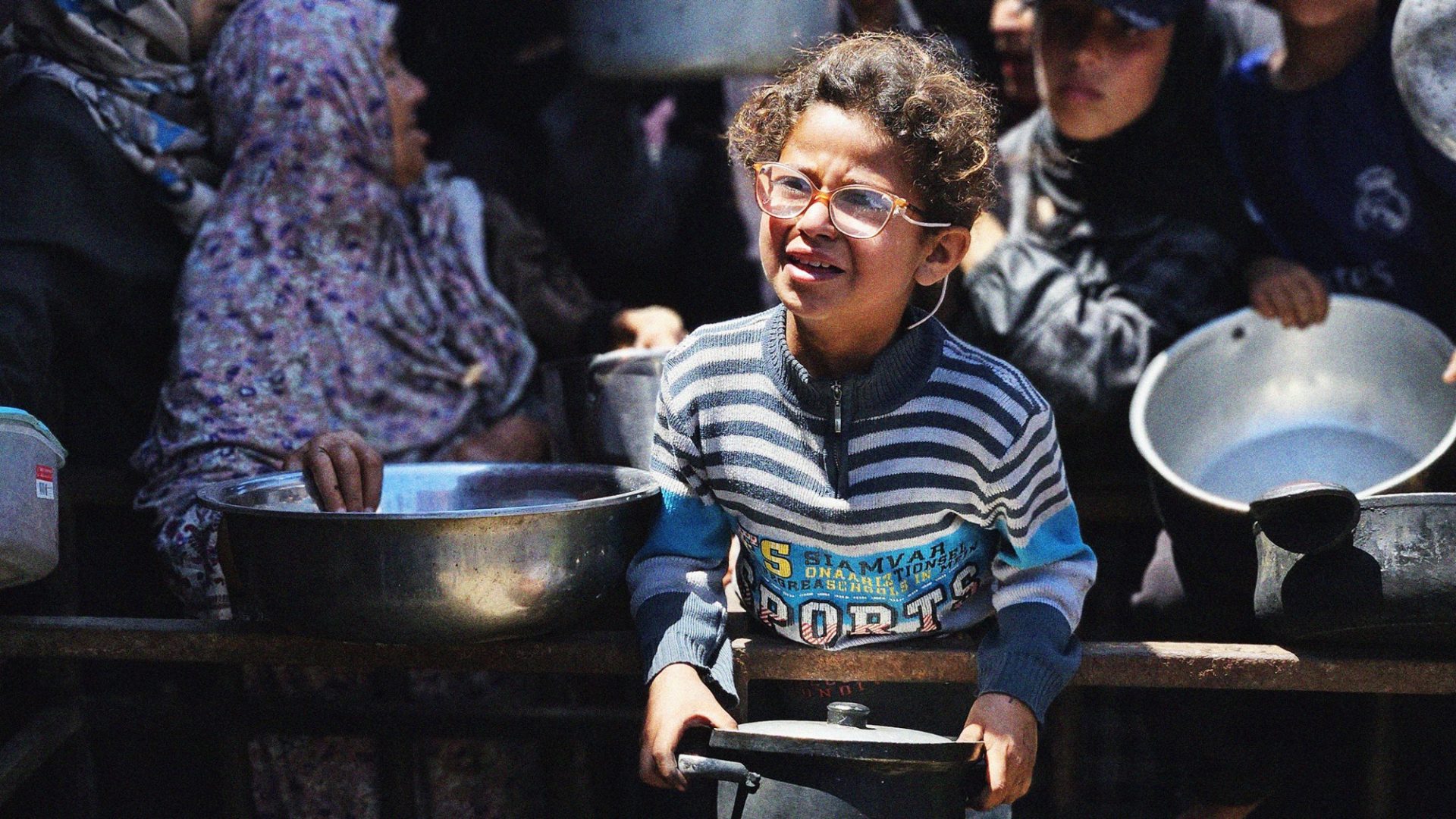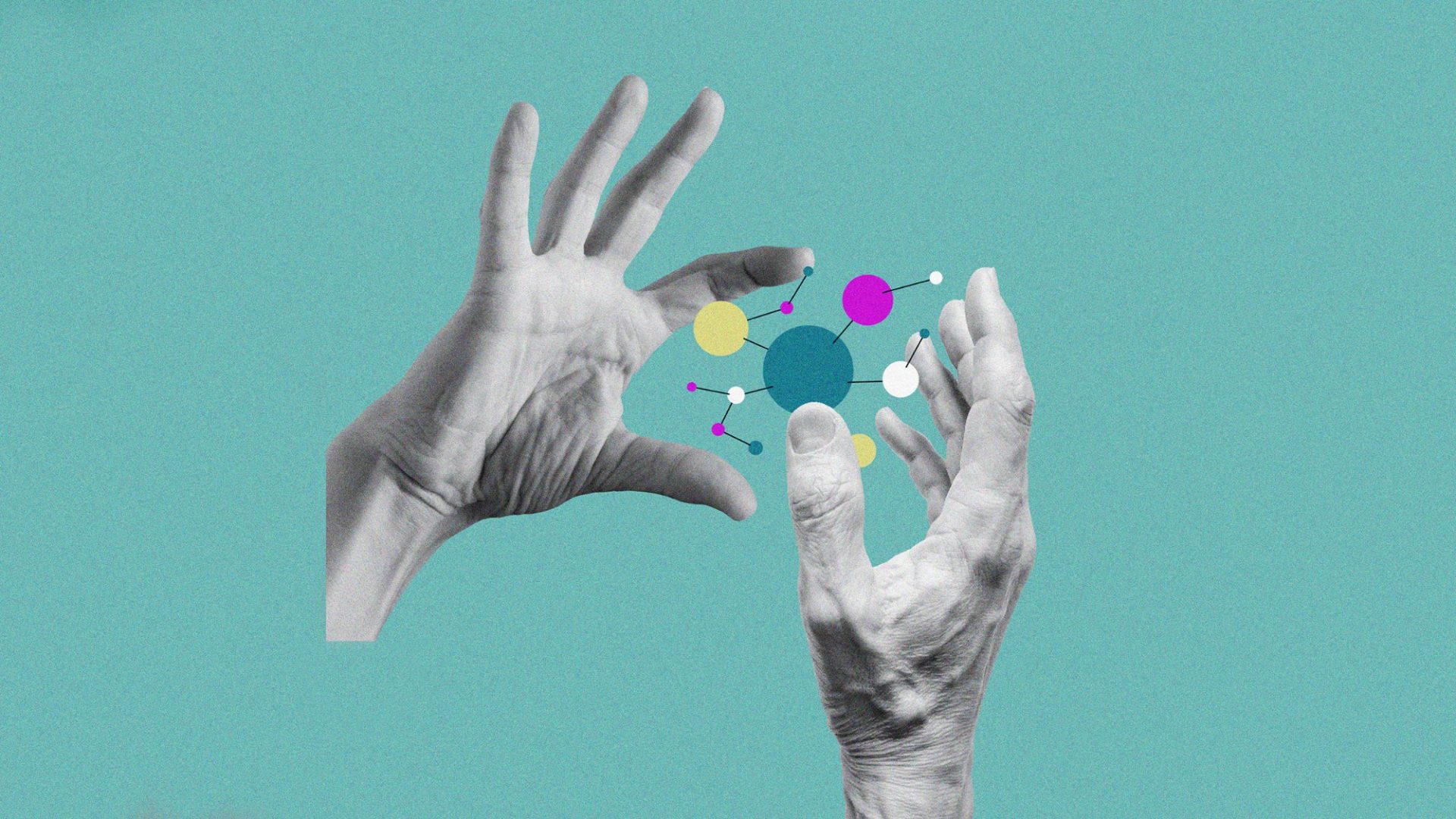No one can justify starving a child. Ever. It’s not a legitimate response to the sadistic brutality of the attacks by Hamas on Israeli citizens on October 7, 2023.
Yet images of emaciated Palestinian children and babies, victims of the Israeli blockade on Gaza, are now so common that we risk becoming immune to them, and to what it means morally for someone to have ordered actions with this predictable result. Some humanitarian aid is getting through now, but for thousands it will be too late.
Adults are dying too, of course, but it is the children and babies that most wrench the heart of anyone capable of compassion. What is happening to them now, today, not as the result of drought or a pandemic, but through Benjamin Netanyahu’s policies, is almost too terrible to imagine.
In Dostoevsky’s novel The Brothers Karamazov, the character Ivan asks how widespread and intense cruelty towards children, including their torture and murder in war, can be compatible with the existence of a good God. If the price of believing in God is that this is a necessary feature of a preconceived harmonious whole, then for him the price is too high. Ivan refuses to believe in such a God. As he puts it, “What have children got to do with it? It’s quite incomprehensible why they should have to suffer.”
This is an aspect of the Problem of Evil, the problem of squaring the undeniable existence of evil in the world, both naturally occurring and evil as a result of human choice, with the existence of an all-powerful, all-knowing, benevolent God. How can this be in the plan of a supremely loving Being? And if it’s not in the plan, but down to bad human choices, what possessed a kind God to invent beings with the capacity for such acts? What’s going on?
Atheists have a simple answer: it isn’t compatible, and this is further evidence that God doesn’t exist.
That seems right to me. The usual response of believers is that the gift of human free will brings with it the possibility of doing evil.
But it’s worth asking whether we really do have free will, and also why a good God couldn’t have made us more prone to treating one another better. Why doesn’t He, She, It intervene to stop atrocities like the mass starvation of children? Why perform a miracle like turning water into wine, curing someone of leprosy, or making a statue weep, and not save the many hungry children of Palestine?
For believers, agnostics and atheists alike there is now a practical question about how we should react to the knowledge that children are being starved. Should we, as most of us do, get on with our lives and not think too much about it? We are more or less incapable of helping them.
Faced with the suffering of her compatriots in occupied France during the second world war, the French philosopher and religious mystic Simone Weil, who had escaped to England hoping to join the French resistance from there, chose a radical and self-destructive form of solidarity with them.
Weil had always had a deep and passionate concern for the suffering of others. In 1928, Simone de Beauvoir, her fellow student at the Sorbonne in Paris, learned that Weil had wept on hearing about the outbreak of famine in China.
In Memoirs of a Dutiful Daughter, Beauvoir explained “these tears compelled my respect much more than her gifts as a philosopher. I envied her for having a heart that could beat right across the world.”
They met and discussed which was more important: the revolution that would feed all the starving people of the Earth, or finding the meaning of human existence. Weil chose revolution; Beauvoir put the existential question higher. Weil’s reaction was to dismiss Beauvoir as petit bourgeois. She looked her up and down and told her: “It’s easy to see you’ve never gone hungry”.
Weil’s hopes of being parachuted back into France as a resistance radio operative were thwarted by advanced tuberculosis. In 1943, already frail, she decided to eat only the quantity of food she believed people in occupied France could obtain. This extreme act of solidarity hastened her death, which came in August of that year. She was only 34.
Weil experts still debate whether solidarity really was the motivation for her minimal diet, or whether this was an act of religious asceticism inspired by her reading of Schopenhauer.
Either way, self-starvation doesn’t help hungry children, and I definitely don’t recommend Weil’s approach. But what can we do?



